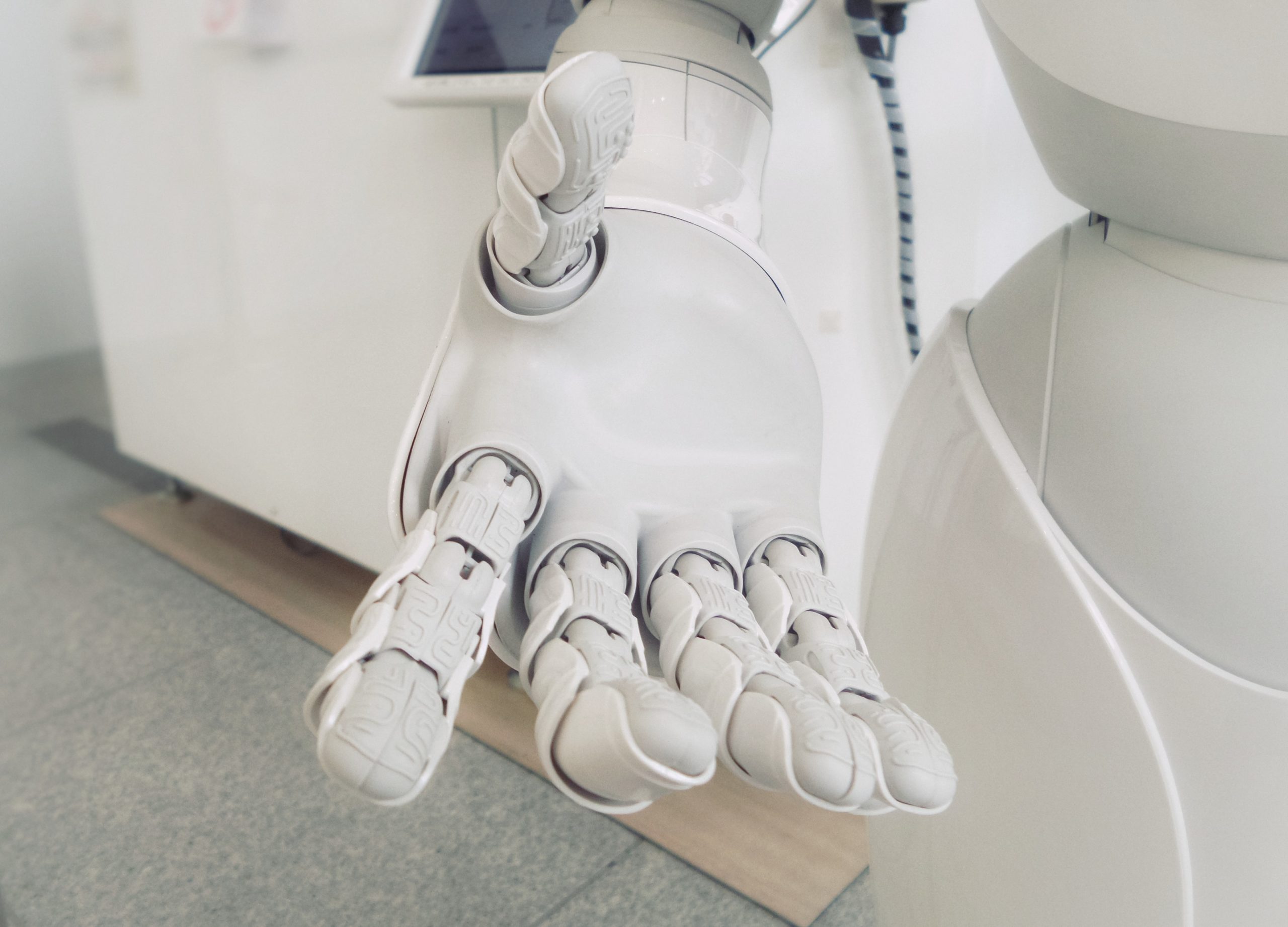If you’ve been following the effects of the pandemic on industries, manufacturing, and supply chains, you’ll likely know that among it all, talk of reshoring jobs has been big news. In a nutshell, US-based manufacturers have been working to bring back jobs that were once “offshored” to overseas countries, and it’s a practice that has been picking up steam:
“More and more firms are therefore cutting their costs and are reshoring their production to the US…According to industry organization Reshoring Initiative, some 1,800 US firms are intending to reshore their whole business or at least parts of it this year. Some 220,000 new jobs are to be created in the US this way. Over a decade ago, only 6,000 new jobs were created in the country as a result of reshoring activities.”
And that steady progress could be getting further enhanced by the integration of co-robots, or “cobots” into many industrial and manufacturing environments. Collaborative robots, as they are known in full, are increasing in popularity and providing a way for manufacturing and industrial businesses to reduce “busywork” for their employees and increase the amount of time said employees can spend on higher-order tasks. They come with some key benefits:
- Cobots serve as a source of on-demand aid: Two attractive characteristics of cobots are the fact that they are easy to program for specific tasks and they are capable of wielding a wide range of tools. Because of this, cobots are great at providing on-the-spot backup for a workforce, filling in when humans might be in short supply.
- Cobots improve flexibility: Building upon the above point, cobots also allow for businesses to quickly adapt when conditions are changing throughout the pandemic. It could be that several more waves of the Coronavirus cause ebbs and flows in the available workforce. Cobots will allow businesses to weather those downturns.
- Cobots can help boost production: Due to their ability to implement partial automation to certain processes, cobots can help a workforce produce more than they would be able to otherwise. Improved accuracy, precision, and speed all go a long way to getting things done, as does the offloading of repetitive tasks that can slow down a workforce.
In addition to all this, it seems cobots are also making those aforementioned reshoring efforts that much more appealing. Specifically, cobots work to reduce the amount that manufacturing businesses need to spend on labor costs. This negates the traditional advantage that many offshored jobs held in the past, and provides further incentive for industries and manufacturing to consider reshoring much of their workforce. As noted in Cobots as a Catalyst for Reshoring:
“Cobots enable companies of all sizes, located anywhere in the world, to significantly boost
their levels of output, quality capabilities and commercial survivability…By producing small-footprint, easy-to-program, flexible and affordable cobots, Universal Robots plays a vital role in democratizing robots so that virtually any business of any size anywhere can gain from the greater competitiveness that robotic automation allows.”
Going forward, it will be up to businesses to maximize their technological advantages if they want to adapt to the post-COVID landscape. Incorporating cobots and using them to help fuel reshoring efforts stands to control costs and improve productivity in ways that will maximize the odds of survival.
